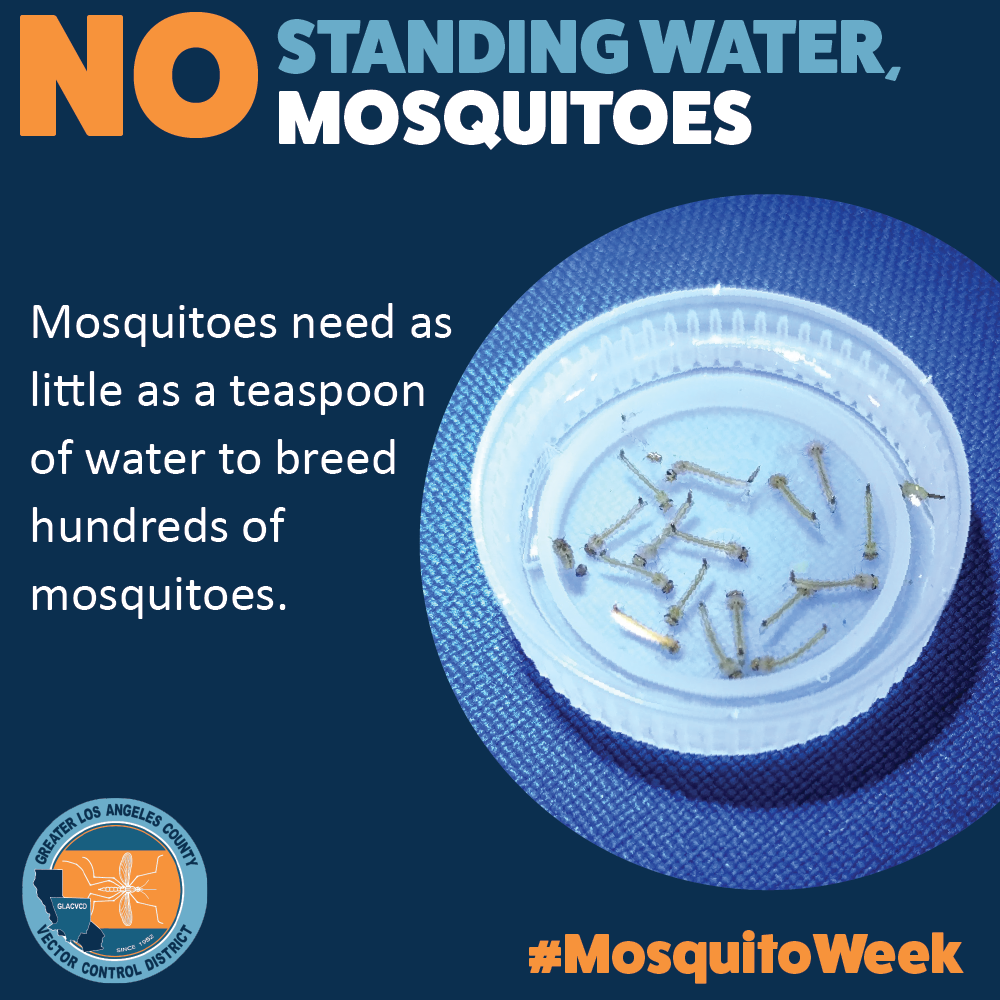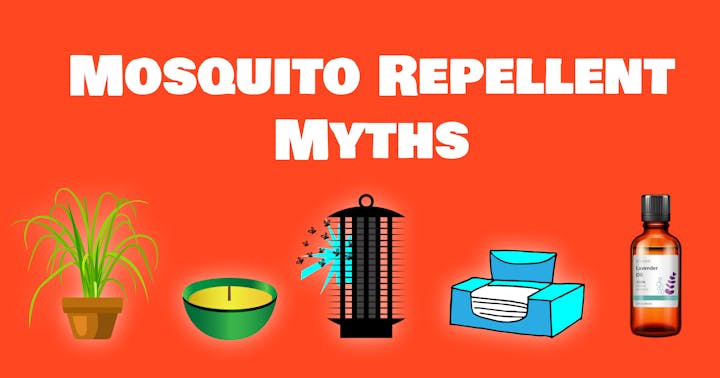California Mosquito Awareness Week

As millions of Los Angeles County residents welcome the arrival of spring and warmer weather, vector control districts across the state are gearing up for a different seasonal arrival—mosquitoes. The Greater Los Angeles County Vector Control District (GLACVCD/District) joins public health officials, agencies, and cities statewide to promote California Mosquito Awareness Week from April 13- 19. This statewide campaign raises awareness about the public health threat mosquitoes pose to our communities and encourages residents to prevent mosquito breeding year-round.
We're Going Live for Mosquito Awareness Week!
.png?ixlib=rb-1.1.0&w=2000&h=2000&fit=max&or=0&s=be8e554395a091748b8c8574bbc04858)
Catch us live daily on Facebook and Instagram (@GLAmosquito) as we share easy tips to help you stop mosquitoes before they start—right in your own backyard.
Each day, we’ll highlight simple ways to eliminate standing water and protect your outdoor spaces from those pesky biters. It’s a fun and easy way to stay ahead of mosquito season—and connect with your local vector control agency!
When: Monday, April 14 to Friday, April 18 at 2 PM
Where: Facebook and Instagram (@GLAmosquito)
Mosquito Control is a Shared Responsibility

The mosquito is the most dangerous creature in the world. Mosquitoes kill over one million people worldwide each year because they can transmit debilitating or sometimes deadly viruses like Malaria, West Nile virus, and dengue with just a bite. All Los Angeles County residents play an important role in protecting their community. Mosquito control is a shared responsibility, and residents can take simple steps to reduce the number of mosquitoes in their neighborhood.

DIY Mosquito Solutions
Mosquitoes can lay eggs in the smallest places – even a bottle cap! The best method to reduce breeding on your property is to limit the number of potential sources. Inspect around and inside your home for potential breeding sources. If standing water is found, remove the source. If the source cannot be removed, check weekly for standing water. Download our DIY Checklist for simple solutions.
Repel, Don’t Swell
Remember to wear insect repellent to protect your health. The CDC recommends using repellents with active ingredients such as DEET, Picaridin, IR3535, and Oil of Lemon Eucalyptus. It’s extremely important to wear insect repellent when traveling abroad, especially when visiting sub-tropical and tropical regions.
West Nile Virus
West Nile virus (WNV) is a "bird virus" primarily transmitted between birds by mosquitoes. The virus is transmitted to humans through the bite of a mosquito infected with WNV. People who get WNV cannot transmit it to other people. WNV is endemic in Los Angeles County, which means it is present every year.
For Social Media Graphics and Captions (English & Spanish), please click here.





